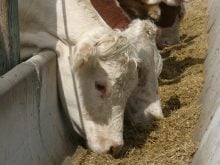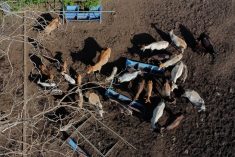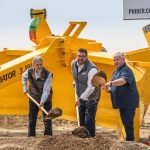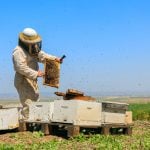Canadian forage seed producers can’t let the grass grow long if they want to get into lucrative and well-established European markets, according to the world’s largest forage seed company.
Michel Nas of Barenbrug Holding B.V., based in The Netherlands, said his company wants to buy grass and turf seed from Canada because European producers face tightening environmental restrictions.
“You have to do it now, you can’t wait another four to five years,” Nas told a recent Manitoba forage seed conference.
Barenbrug spends $5 million per year on breeding and research and wants to expand its share of the world market.
Read Also
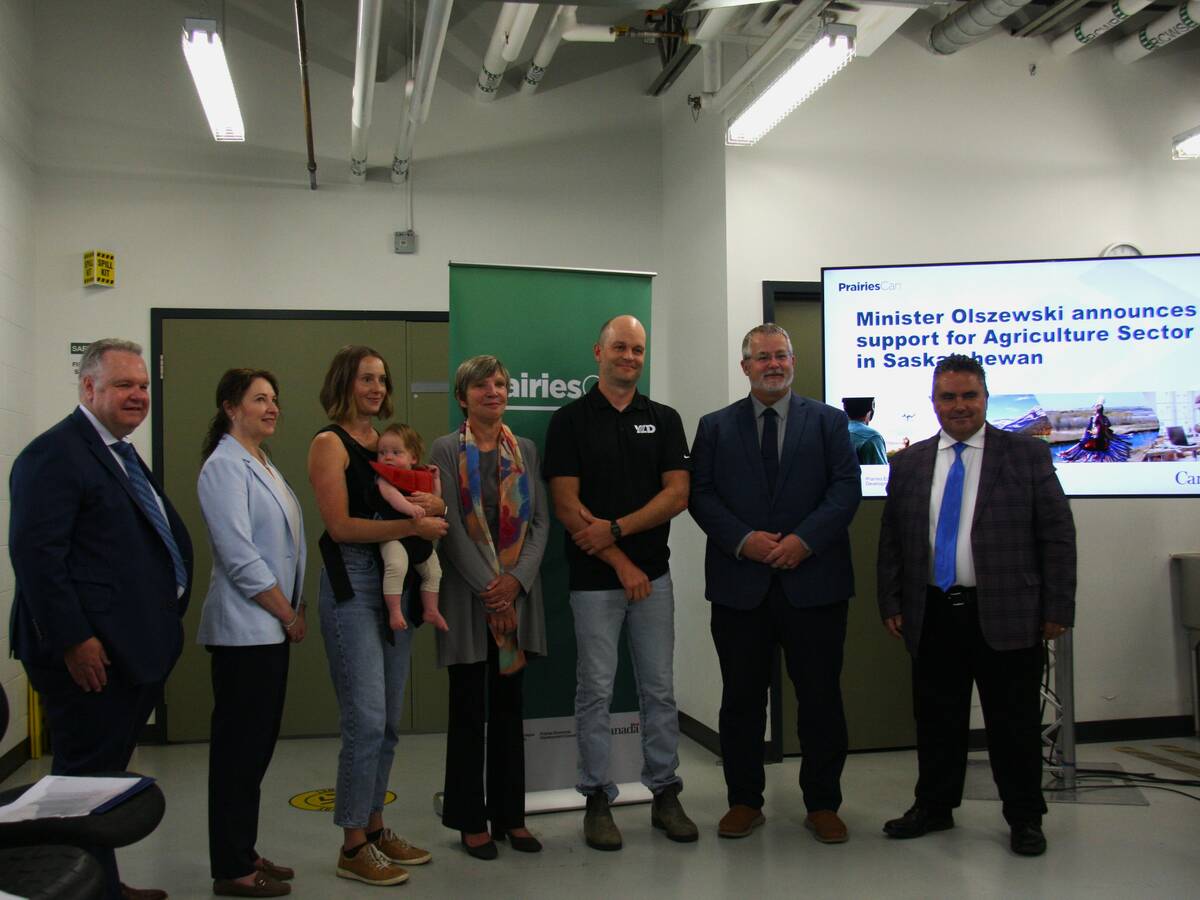
Saskatchewan agriculture sector receives federal funding
PrairiesCan funding will assist in the continued growth of Saskatchewan’s ag research and manufacturing sectors.
The company produces 50,000 tonnes of seed per year, mostly its own varieties, gleaned from genetic material from its breeding stations around the globe.
Nas said he sees Canada as a key production area for new markets in China and the former Soviet Union.
But he said the Canadian industry could face tough competition from Eastern Europe, which enjoys lower labor and freight costs.
However, the grass seed industry in countries like the Czech Republic and Hungary is in disarray, Nas said.
He explained former state farms have been split into small units. Large cleaning stations and drying equipment are being lost in the privatization process.
But the small farms are teetering on the edge of bankruptcy and he expects three quarters of them to go under in the next three years.
As they fall, Western Europeans are scooping them up and will eventually rebuild the industry.
Canada needs to take advantage of its organization to lower costs and improve quality in production of westerwold ryegrass, Italian ryegrass, perennial ryegrass and Kentucky bluegrass.
Nas said red fescue, tall fescue and alfalfa present limited opportunities for Canadian producers in Europe.
Growers, seed companies, researchers and government extension staff met last week to form a plan of attack.
Gerald Huebner, a Manitoba Agriculture crop specialist, said Western Canada is poised to meet the new markets in the next two to three years.
“The vision is to be able to increase our production in Western Canada by 50,000 acres of new grass seed production,” Huebner said.
Manitoba hopes to see about half of the expansion. About 500 farmers now work with about 100,000 acres of forage seed, producing about half of the alfalfa seed and almost half of the timothy seed grown in Canada.
The industry is worth approximately $100 million to Western Canada at the farmgate. Farmers could add another $50 million if expansion goes as planned, plus the value-added benefits of cleaning, handling and marketing the added grasses.






